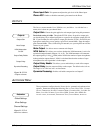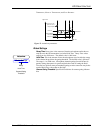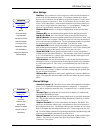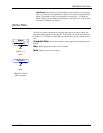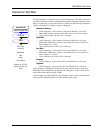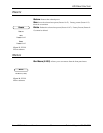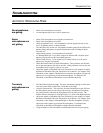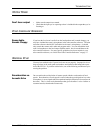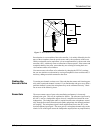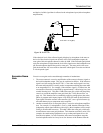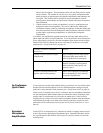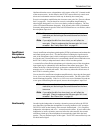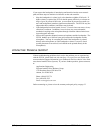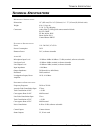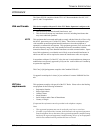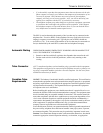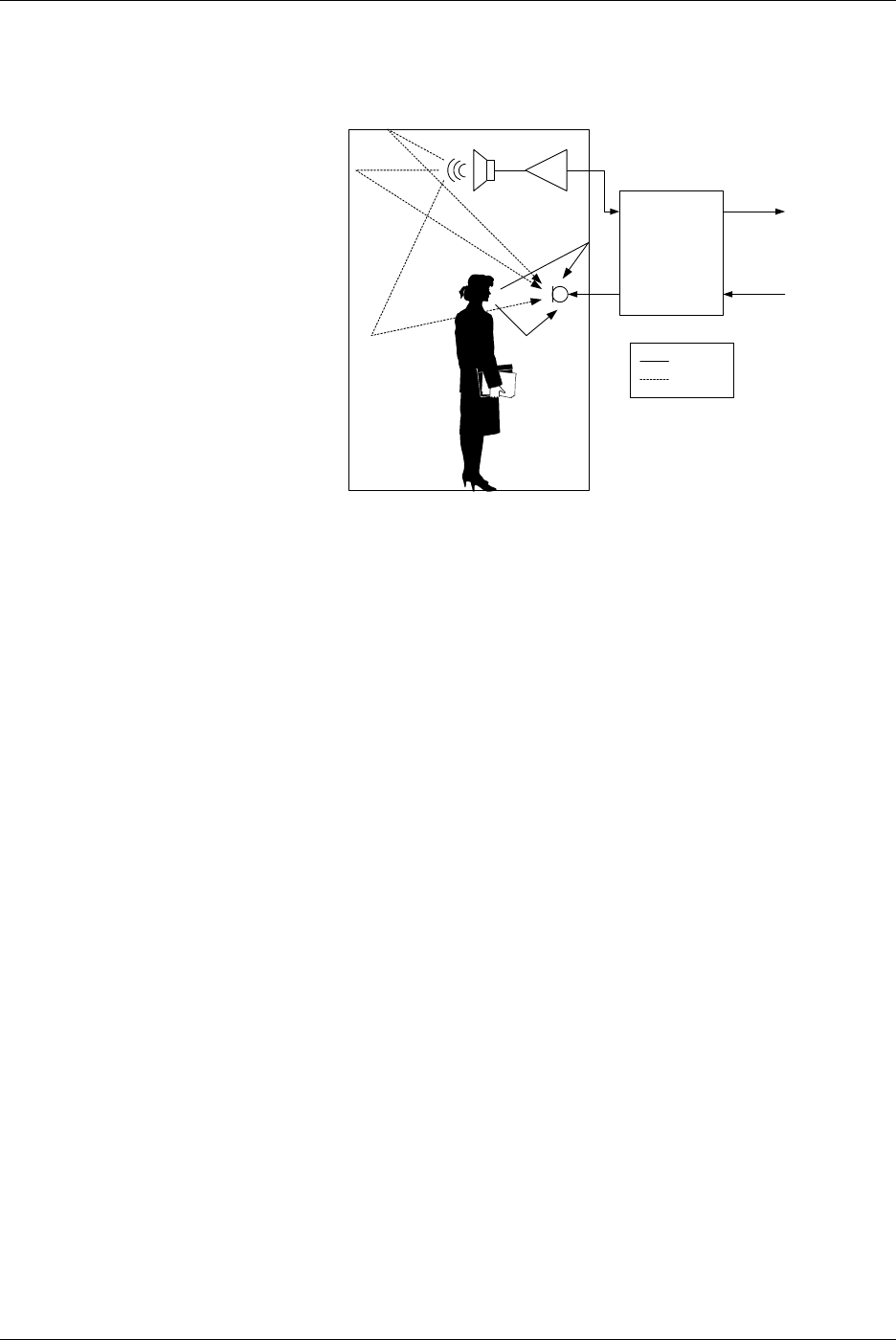
TROUBLESHOOTING
© Polycom, Inc. 39 VORTEX EF2241 Reference Manual
Reverberation is not an artifact of the echo canceller. It is mainly affected by the dis-
tance of the microphone from the speech source and by the resonances of the room.
While reverberation can be unpleasant, it is not compensated for by the acoustic echo
canceller (AEC), which only removes reflections of remote speech. If the remote end
complains that they hear echo, ensure that they are referring to hearing their own
voice and not echoes of local talkers.
You cannot remove the effects of reverberation by changing the EF2241’s settings,
but you can minimize reverberation by moving microphones closer to talkers and, if
necessary, adding acoustical treatment to the room.
Finding the
Source of Echo
Try muting one channel at a time to see if the echo that the remote end is hearing goes
away when a particular channel is muted. If you find that the echo goes away when a
particular channel is muted, the microphone may not be calibrated correctly. Check
one or more of the following issues.
Room Gain The most common cause of poor echo cancellation performance is incorrectly
adjusted room gain. This may be explained as follows. The reference signal seen by
the AEC is sent to a loudspeaker output, where it is amplified and sent to the room
loudspeakers. The loudspeaker audio is coupled into the room microphones acousti-
cally, through direct and reflected acoustic paths, and perhaps also through mechani-
cal coupling. The microphone signal is then amplified and sent to the AEC as the
local microphone input signal. The room gain of a microphone channel refers to the
relative levels of the signal sent to the loudspeaker output (before any amplification)
Figure 27. Reverberation vs. Acoustic Echo.
AEC
Reverberation
Acoustic Echo



